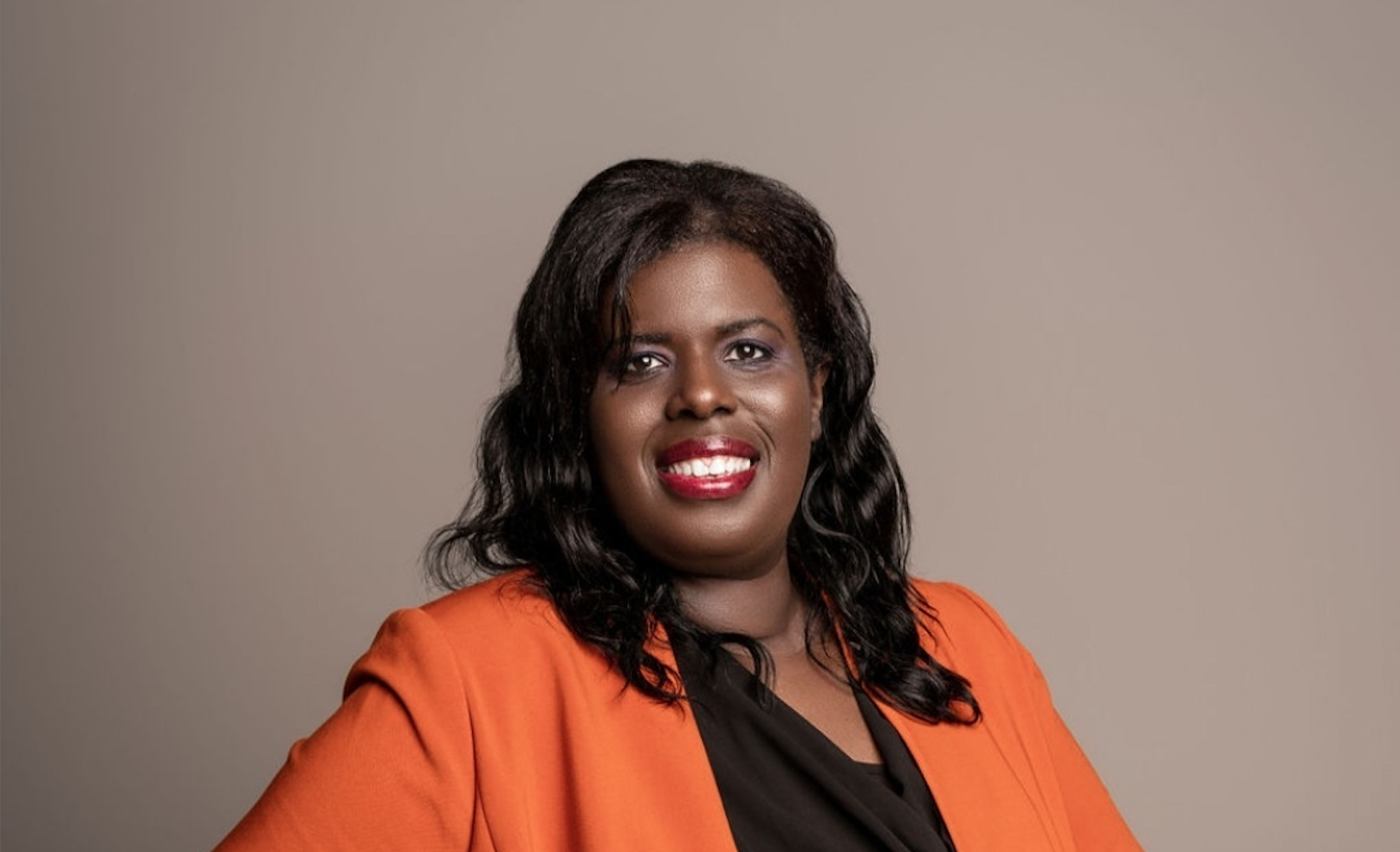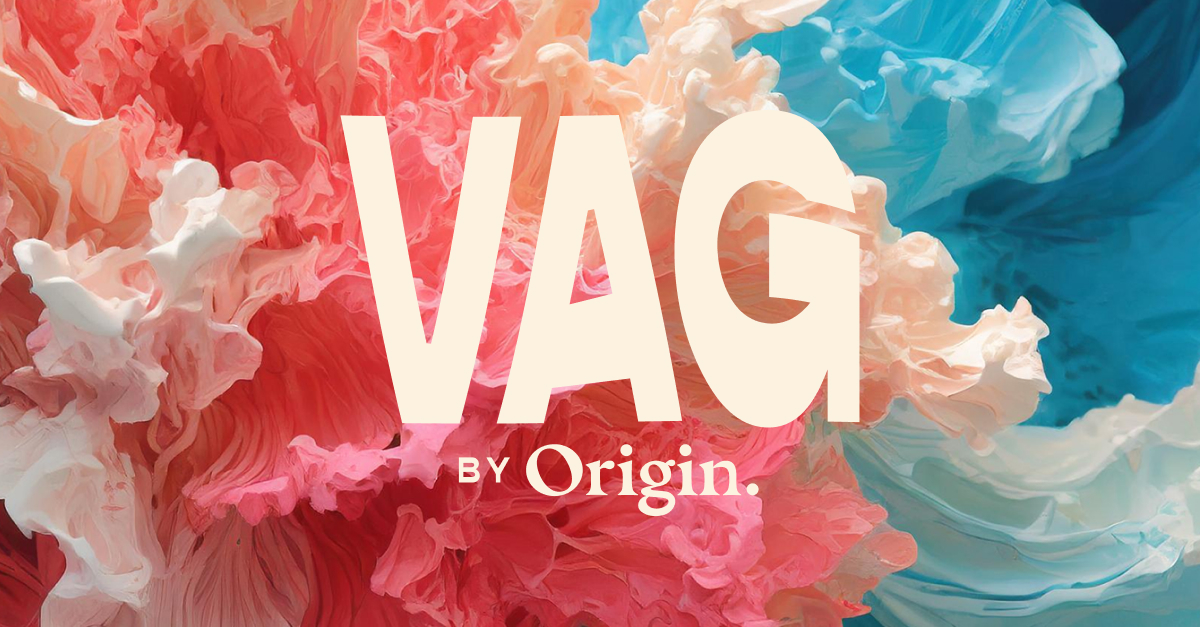
For those of you still unfamiliar or confused about the term “intersectionality”, it is a word and definition coined by black legal scholar Kimberle Crenshaw in an essay from 1989 titled ““Demarginalizing the Intersection of Race and Sex: A Black Feminist Critique of Antidiscrimination Doctrine, Feminist Theory and Antiracist Politics” where she identified the different types of struggles black women face within the feminist movement, which much be addressed and tackled in different ways.
It’s taken a number of years for he mainstream to really catch on to this and within feminist circles today as well as feminist media, there is a deeper understanding of why intersectionality is more relevant than ever. With the focus on LGTBQ rights, specifically in the area of same sex marriage being a political topic over the past few years culminating in the Supreme Court decision in June 2015 allowing same sex marriage in all 50 states, as well as the systemic and institutionalized racial tensions and conflicts being played out in the media and online, we can clearly see how intersectionality is more relatable these days.
But have feminists truly led the way, or are we still on a journey to true acknowledgement of the different struggles?
It’s easy to think white feminism is responsible for a lot of the barrier-breaking moments in contemporary American feminism. Yet feminist author, activist and icon Gloria Steinem has said many times that it was the black women in her life that introduced her to feminism in the first place.
One of the most famous images of Gloria is alongside fellow activist Dorothy Pitman Hughes where they both have their fists raised in solidarity. It is, perhaps, quite a poignant moment in history as we see a movement which supposedly unites ALL women together in a common goal – equality. Yet it seems not all voices of struggle have risen to the top of mainstream consciousness.

While the complex struggles and needs of all types of women have always existed, the key is which voice we are able to hear the most, or at all. Thankfully we live in an age where technology has made this process all the more democratic and ensured the marginalized and oppressed voices who can’t break through mainstream media can now, all of a sudden, infiltrate millions of lives around the world with a click of a button online.
Everyone from celebrities, to women’s media sites are using their platforms to discuss the importance of feminism, and in particular, recognize that feminism for a black woman can be lived entirely differently to a white woman. Last year the Huffington Post published an informative video about the need to distinguish white feminism from other types.
“Basically white feminism is feminism that ignores intersectionality,” the video explains.
“White people just don’t have to think about things like race on a daily basis. And we’re not just ‘pulling the race card’. White feminism excludes the experiences of basically anyone who is not white, cis, and straight,” it continued.
It’s fairly simple to ignore in society when we look at major issues like the wage gap or the gender disparity in the film industry. But consider this, while women, on average, make 78c to every $1 a man makes today in America, black women and Latina women make even less. The current Academy Award nominations show a glaring lack of female presence in powerhouse categories like writing and directing, but what’s even more embarrassing is the complete lack of diversity in any of the nominations, once again spurning the #OscarsSoWhite trending hashtag to point out how skewed the upper echelon (read: gatekeepers) of Hollywood still is.
So what is the solution to being a more inclusive movement that doesn’t seek to push aside the struggle of women of color? Listening and humbly acknowledging the existence would be a great start, and we believe this is happening. Awareness is always the first step to having a open mind.

One woman whose voice is cutting through the clickbait and noise online when it comes to the importance of intersectionality, is slam poet Jillian Christmas, whose performance piece ‘Black Feminist’ was a finalist in the 2015 Women of the World Poetry Slam Finals in Albuquerque, New Mexico. Not surprisingly, the video of her performance has been getting a lot of traction lately (appropriate, given the many voices of color being raised in regards to #OscarsSoWhite) and even though it was released almost a year ago, it couldn’t be more relevant today.
Jillian confrontingly highlights the ways black women are treated specifically in feminist spaces, and it is a sobering 3 minutes.
“They said I could be a feminist too, as long as I don’t talk about this black girl body. About that cold red body of water. About an inheritance so great, that no one body could apologize it away. As long as I don’t remind anyone where so many of the ideas for this movement came from anyway,” she says in the video below, touching on the notion that the Civil Rights Movement was a precursor to what feminism fought for in terms of rights and equality.
It’s well worth reminding ourselves that in order to become better advocates of gender equality and women’s rights, it has to start from within. It has to start with intersectionality. To learn more about the foundation, you can read this insightful article on Kimberle Crenshaw’s revolutionary essay, written by Sharon Smith for the International Socialist Review.
“She argues that Black women are frequently absent from analyses of either gender oppression or racism, since the former focuses primarily on the experiences of white women and the latter on Black men. She seeks to challenge both feminist and anti-racist theory and practice that neglect to ‘accurately reflect the interaction of race and gender,’ arguing that ‘because the intersectional experience is greater than the sum of racism and sexism, any analysis that does not take intersectionality into account cannot sufficiently address the particular manner in which Black women are subordinated’,” writes Sharon.
You can watch Jillian Christmas perform ‘Black Feminist’ below.

















7 thoughts on “This Slam Poetry Performance Piece “Black Feminist” Emphasizes The Need For Intersectionality”